It is important to understand what the RU-486 pill is all about and exactly how it works. We seek to make sure someone has comprehensive knowledge of the physical, emotional and psychological repercussions that follow an abortion when considering it as an option.
Q: What is the “abortion pill?
A: In early pregnancy, many women seeking an abortion may be offered the “abortion pill” also known as a non-surgical or chemical abortion. This type of abortion is completed by administering oral and/or vaginal medications with the intent to end a pregnancy. Non-surgical abortions account for up to half of all abortions in the United States and may be performed up to ten weeks of pregnancy. After ten weeks of pregnancy an abortion must be completed surgically due to the size of the fetus.
Q: How does it work?
A: Although non-surgical abortions are known as “the abortion pill” this method utilizes two medications to end a pregnancy. The abortion procedure begins with the mother taking a medication called mifepristone in the clinic or office. Mifepristone blocks progesterone in the mother’s body. Progesterone is critical to maintaining a viable pregnancy and without adequate levels, a baby cannot survive in the uterus. 1-2 days after taking mifepristone the woman is then instructed to take the second medication, misoprostol. Misoprostol causes the uterus to contract and expel the baby, ending the pregnancy.
Q. What are the possible side effects of taking the abortion pill?
A. Side-effects the mother may experience include but are not limited to abdominal cramping, heavy bleeding with passage of tissue and/or clots, hemorrhaging, nausea, vomiting, diarrhea, weakness, and/or dizziness. The mother may experience 10-30 or more days of bleeding post procedure. 1-2 weeks after the abortion a doctor’s visit to confirm the abortion was successful should be completed. If the abortion is not complete the mother is at risk for uncontrolled bleeding, hemorrhaging and possibly death.
Q: What are the risks of undergoing a non-surgical abortion?
A: Despite being less invasive, non-surgical abortions are not without risk. Prior to beginning the abortion procedure every patient should be given an ultrasound to ensure the pregnancy is not ectopic, a condition where the embryo implants outside of the uterus, usually in one of the fallopian tubes. An ectopic pregnancy if not surgically treated can grow to the point of rupturing the fallopian tube, causing life threatening internal bleeding. An ectopic pregnancy cannot be terminated by non-surgical abortion and is an emergency condition requiring immediate medical intervention. An ectopic pregnancy should be considered if you have a positive pregnancy test and are experiencing severe pain on one side of the abdomen, with or without bleeding.
Following mifepristone and misoprostol administration, incomplete emptying of the uterus may lead to uncontrolled bleeding and hemorrhage that requires surgical intervention to save the mother’s life. You should seek immediate emergency medical care if you experience bleeding that soaks through two full sized sanitary pads per hour for two hours or more. A non-surgical abortion may also put the mother at risk of developing a fast-growing life-threatening infection that may enter the blood stream. Symptoms include bleeding, persistent abdominal pain, nausea, vomiting, diarrhea, and fever of 100.4 F for more than four hours following administration of the second medication, misoprostol.
Q: Can I complete my own abortion at home without medical supervision?
A: Non-surgical abortions should only occur under the supervision of a licensed physician. Medications may be available for purchase online or by illicit means but are not a safe alternative to medical care. Mifepristone and misoprostol should never be purchased online or without a valid prescription. Purchasing abortion medications online has no safety protocols to ensure you are receiving legitimate medications, dosages, etc. If your pregnancy is ectopic, completing your own abortion without seeing a physician can be fatal if emergency care is not sought out. Unsupervised abortions also put you at risk for many other complications including incomplete abortion, heavy bleeding/hemorrhaging, infection and potentially death.
Q: What if I have taken mifepristone and no longer wish to abort my baby?
A: Within 72 hours after taking mifepristone (the first medication) but before taking misoprostol (the second medication), administration of large doses of progesterone may be able to prevent loss of the pregnancy! The sooner progesterone is administered the more likely the pregnancy can be preserved, ideally progesterone should be started within 24 hours of taking mifepristone. After administration of misoprostol (the second medication) it is unlikely that the abortion can be stopped or reversed. No matter where you are in the process, if you have begun a non-surgical abortion but no longer wish to terminate your pregnancy, contact the PLC Health Clinic to schedule an appointment right away! We can help determine if the abortion reversal process is right for you and help you arrange appropriate medical intervention! We may also perform a free ultrasound, if indicated, to check the heartbeat and viability of the baby.
WRAP UP
While the abortion pill may seem a convenient alternative to an unplanned pregnancy, it is neither 100% safe or without risk of serious and life-threathening after effects. It is important to understand all of your options when it comes to your pregnancy and your sexual health. Take control of your health and body by KNOWING before doing!
Please contact our nursing staff Monday- Thursday 10:00 am- 4:00 pm at 419.238.9177 to schedule your appointment.
*Resources available upon request.

